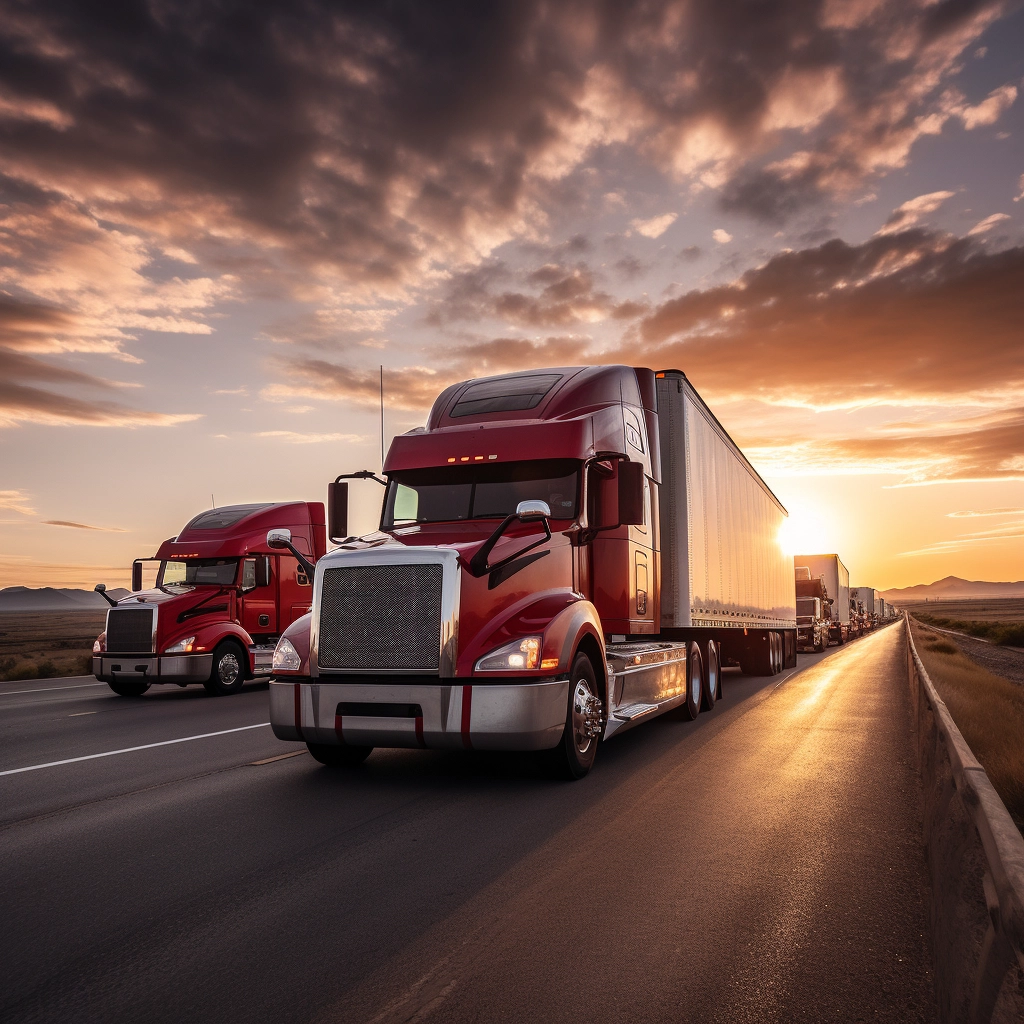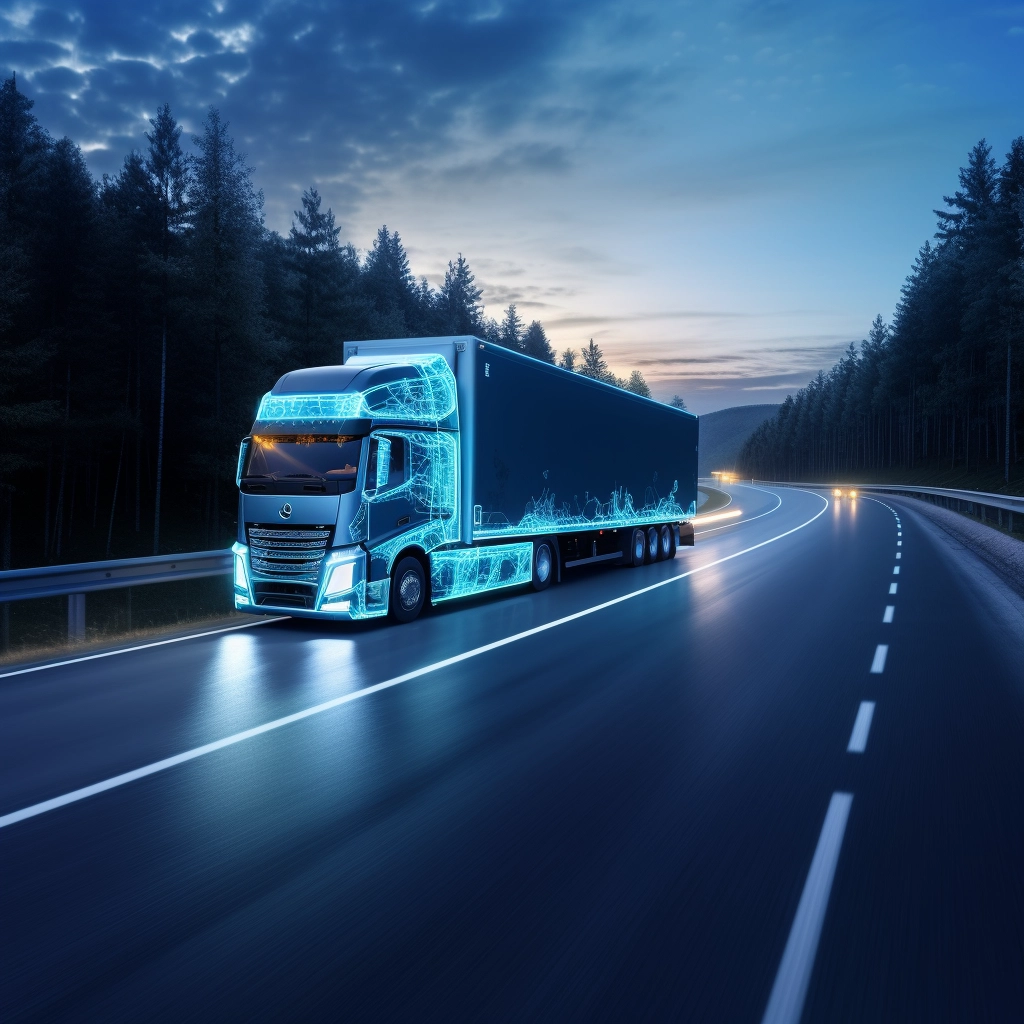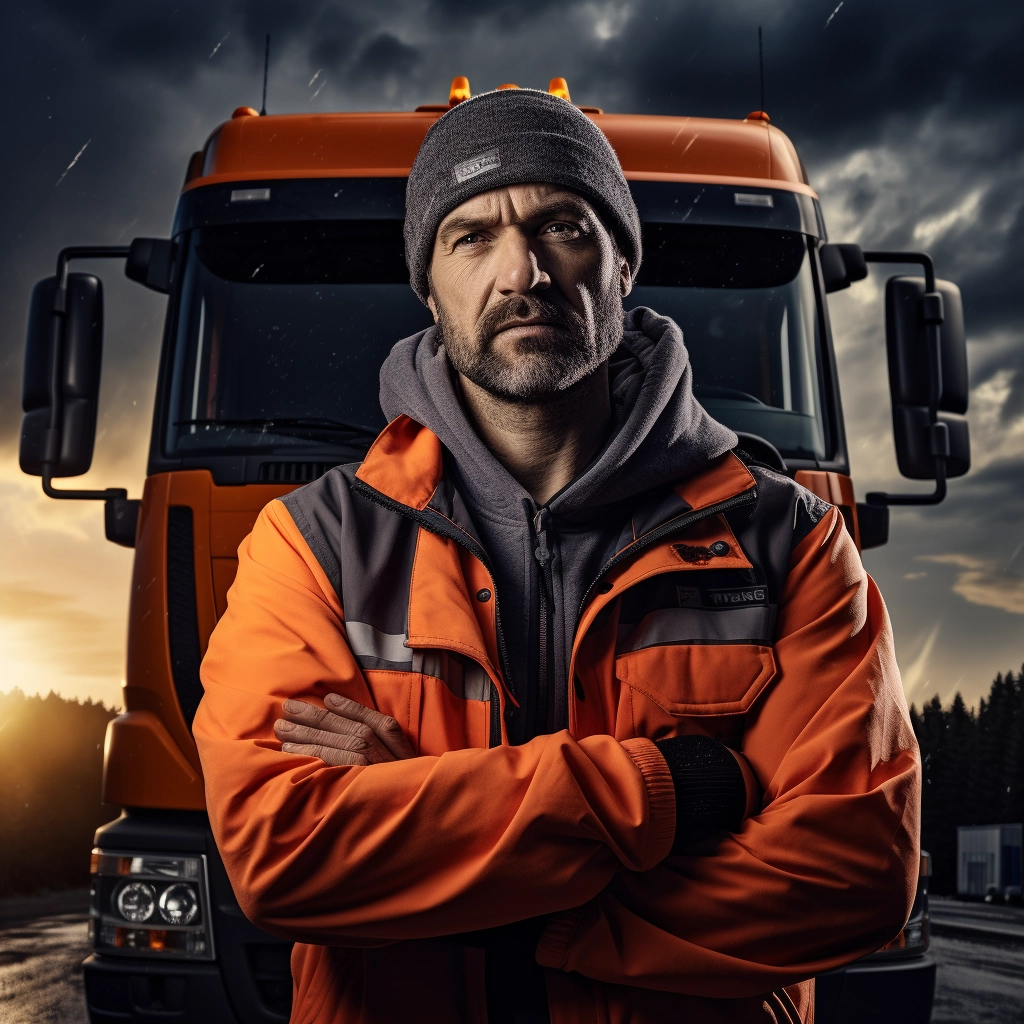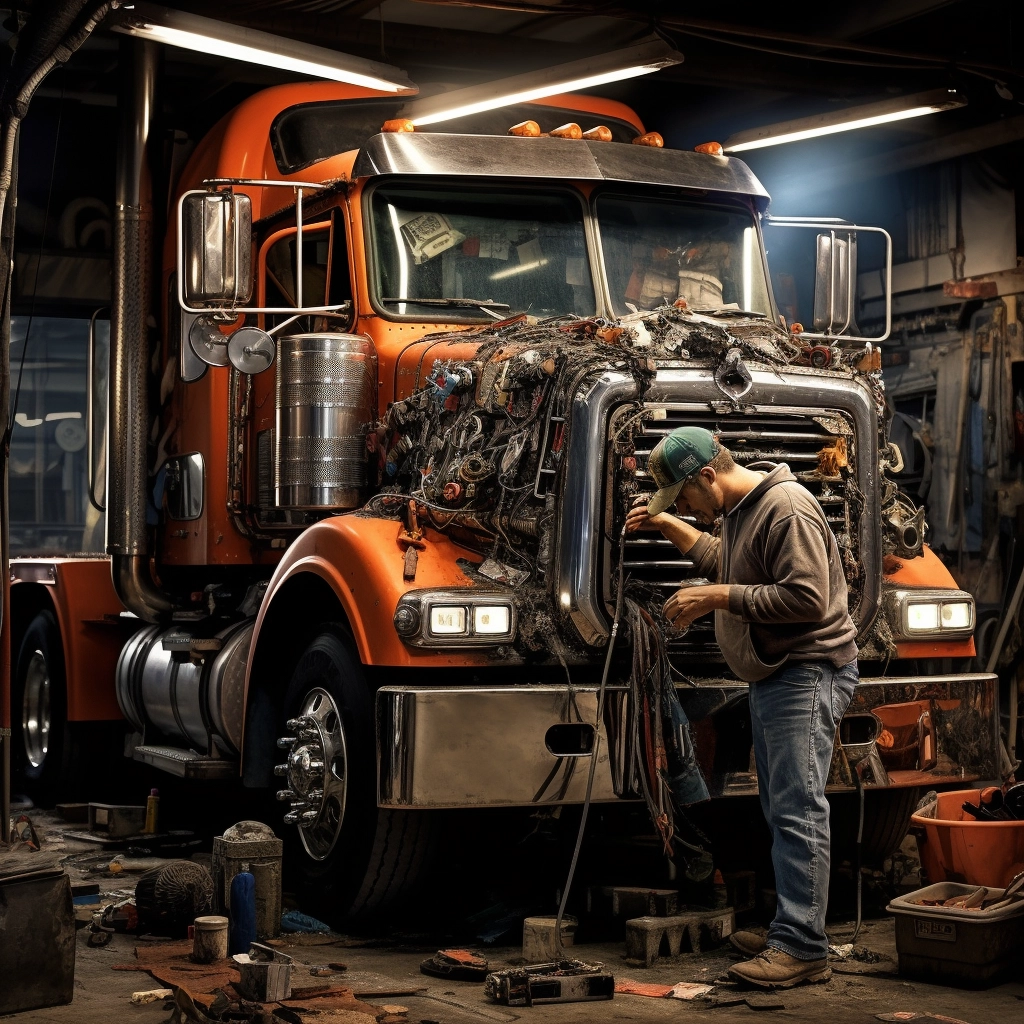Will Self-Driving Trucks Really Change the Transport Industry?

It has been suggested that the trucking industry will be entirely transformed by autonomous driving. Not all the news is excellent, however, with some transportation analyses suggesting that there will no longer be any need for human truck drivers and the trucking industry as it exists today will become obsolete.
The reality, however, based on a plethora of data, suggests that human truck drivers and self-driving trucks will work together to transform the trucking industry positively, and the need for human drivers will increase as self-driving trucks come onto the scene for various reasons.
Increased Demand

First, self-driving trucks are not capable of – nor will they be for the foreseeable future – doing dock-to-dock runs. Self-driving trucks are designed for long-haul highway travel but are not intended to handle urban and industrial roads. Therefore, human drivers will be needed for truck driving jobs to drive the vehicles from what the industry calls "transfer hubs" to loading docks on either side of a self-driving truck run.
Additionally, as autonomous trucks become more pervasive, freight costs should decrease, which will increase demand, leading to more overall transport business. If that's the case, more drivers will be needed to do the local part of the truck driving at the beginning and end of each truck run.
Improved Safety

Self-driving trucks and self-driving cars will also lower the risk of human injuries and deaths in the transportation industry. Truck driving is one of the most dangerous professions in the world.
Being overtired, being distracted while driving, speeding or driving too fast for road or weather conditions, not doing complete equipment checks, and simply being in the wrong place at the wrong time are among the top reasons why truck drivers get injured or killed on the job. Since truck drivers make their living being on the road and are in traffic for many hours a day every day, the chances of being in an accident are much higher for them than anybody else on the road.
With self-driving truck technology, the odds of injury or death to truck drivers are reduced significantly because self-driving trucks handle the long hours and miles of highway and interstate travel. On the other hand, truck drivers take the very specialized training and skills their job requires and apply them in short intervals as they take self-driving trucks from loading docks to transfer hubs and vice versa. To equip drivers with these specialized skills, many are turning to advanced driving schools that offer specialized training programs and tests tailored specifically for operating self-driving trucks, ensuring they are proficient in both manual driving and the technology's unique demands.
Shifting Focus

With self-driving trucks, truck drivers will be able to focus on the things they are good at and which no self-driving truck can do. This includes getting in and out of the truck to move axels, checking brakes and air hoses, talking with a wide variety of people, and driving and maneuvering in and out of tight spots.
Right now, the transport industry is facing a shortage of truck drivers. One reason this shortage exists is that driving a truck is physically, emotionally, and economically (pay for general carriers is not great, while some private fleets pay significantly better) hard. The transport industry is nearing a rate of 100% turnover every year.
Additionally, the average truck driver is on the road and away from home and family for more than half the year, and that's brutal on everyone involved. Self-driving trucks would take over the over-the-road part that is so grueling on truck drivers and their families. Truck drivers, in turn, would work near home, doing the part of the driving that only humans – and very experienced and skilled humans – can do, and be home every day at the end of their workday.
When trucking companies adopt self-driving trucks, there will be a huge demand, with excellent incentives, for skilled and experienced truck drivers to handle dock runs throughout the country.
Better Compensation

For all of this to work to transform the transport industry positively, however, the focus must be on taking care of truck drivers with equitable pay, load incentives, and benefits (health, vision, dental, etc.). The industry needs to take into account the unique types of skills – mechanical, operation, and relationship – that truck drivers have to have to be successful. This is a skill-set that should be compensated adequately and fairly because it's a rare skill-set among the general population.
For the time being, however, self-driving trucks will still need a truck driver riding shotgun for the entire run because there are many tasks that only a human being can do on a truck. One of those is filling up with gas. Another is doing actual maintenance on the truck. A third is all the human interaction that happens even in highway and interstate driving, like paying for gas, repairs, if necessary, and oil changes, as well as cooperating with law enforcement stops, and handling toll booth and tunnel fees.
This, too, will change the transport industry because the human truck drivers that ride along in the self-driving trucks will need advanced technology skills that other truck drivers don't require. Those skills should translate to higher pay because, in addition to being professional drivers, they will also need to be professional information technology experts. Different training will have to be included in CLD courses, and new certifications will need to be issued.
Fewer Repairs

Well... maybe. As mentioned above, if trucks are safer, there will be fewer repairs, but there will be much more complicated equipment to facilitate autonomous trucking. Both trucks need to be maintained to achieve that safety constantly. It's true that both autonomous vehicles and a truck with a human driver will need regular maintenance to prevent expensive repairs.
Call Us Today
If we talk about autonomous driving technology or human drivers, they all end up at loading docks. This is where Parts Brite can help you with all your loading dock needs. We specialize in providing high-quality aftermarket loading dock parts. Our complete line of loading dock parts can meet any specific needs you have for your loading docks. We offer actual human interaction as we staff our customer support lines with actual humans. We have distribution warehouses in Wisconsin and California, so we can rapidly ship loading dock parts throughout the United States. Contact us at 1-855-PARTSBRITE (1-855-727-8727).

Owner, Parts Brite
My background is in Electrical and Software Engineering, but since I started PartsBrite.com in 2016, I've focused on everything related to docks.
My team and I are here to help those looking to repair or replace their dock levelers, bumpers, door, and door lights.
1-855-PartsBrite | partsbrite.com | paul@partsbrite.com
Leave a comment